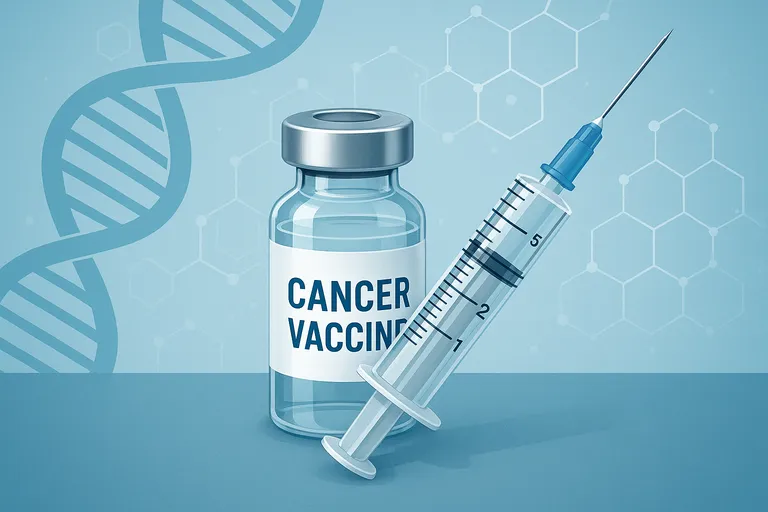In a groundbreaking development, Russia has declared the upcoming release of its first mRNA-based cancer vaccine, set to be available to patients free of charge starting early 2025. This initiative positions Russia at the forefront of innovative cancer treatment strategies.
🧪 Vaccine Overview
- Technology: Utilizes mRNA to instruct cells to produce specific proteins, prompting the immune system to target and destroy cancer cells.
- Personalization: Employs artificial intelligence to tailor the vaccine to individual tumor profiles, potentially reducing development time to under an hour.
- Development: A collaborative effort among Russian research institutions, including the Gamaleya National Research Center.
🔬 Clinical Insights
Preclinical trials have indicated the vaccine's efficacy in inhibiting tumor growth and preventing metastasis. However, detailed data on targeted cancer types and comprehensive clinical trial results are pending.
🌍 Global Context
While Russia leads with this announcement, other entities like Moderna, BioNTech, and Merck are also advancing mRNA-based cancer therapies. The global medical community remains cautiously optimistic, awaiting peer-reviewed studies to validate these treatments' safety and effectiveness.
🧠 Expert Opinions
Medical professionals emphasize the need for extensive clinical trials to ascertain the vaccine's efficacy across diverse populations and cancer types. The personalized nature of mRNA vaccines offers promise, but widespread application requires rigorous validation.
📌 Conclusion
Russia's announcement marks a significant step in cancer treatment innovation. As the medical world watches closely, the potential of mRNA technology continues to inspire hope for more effective and personalized cancer therapies.
Keywords: cancer vaccine, mRNA technology, Russia, personalized medicine, oncology advancements
By Linda Ramìrez - MicuPost
Sources:



